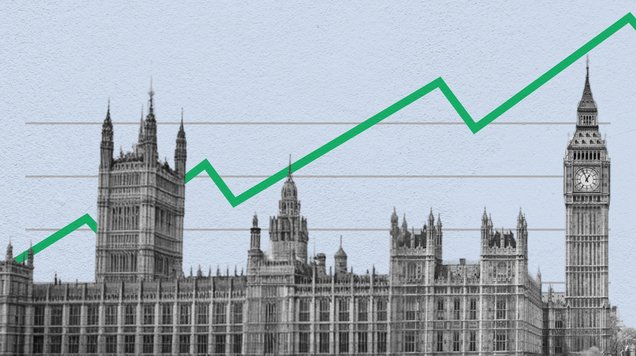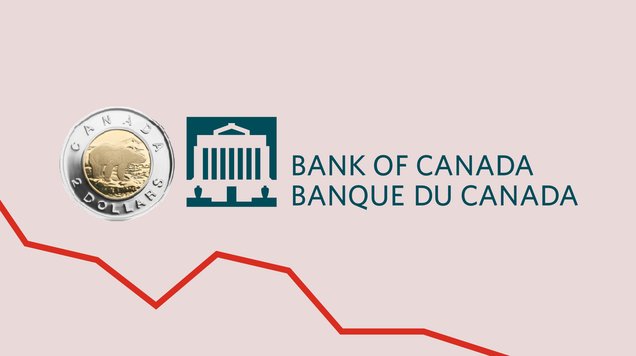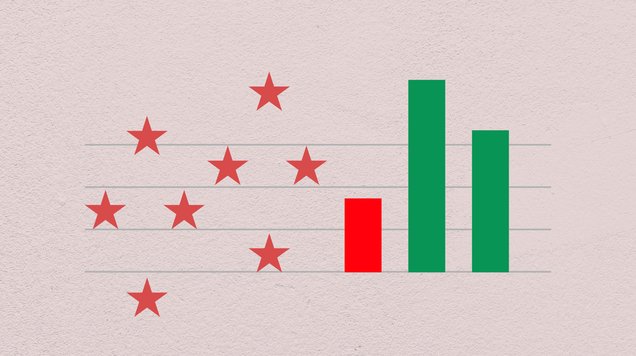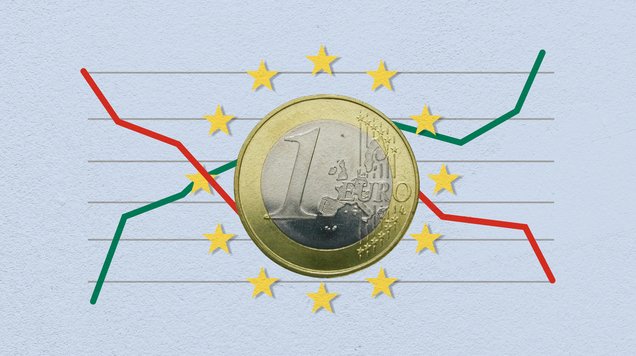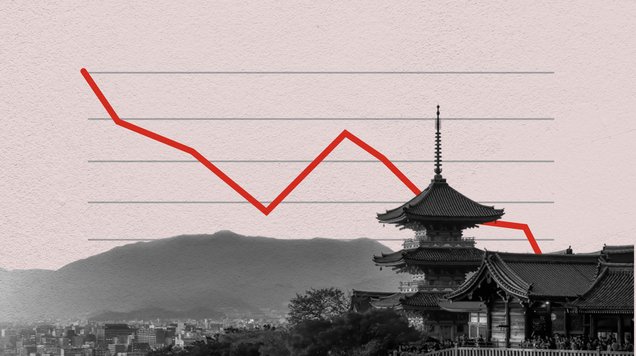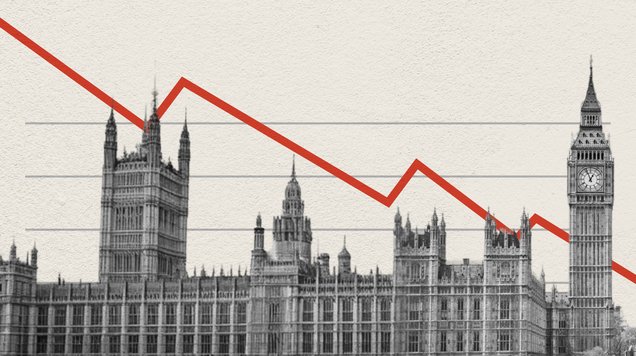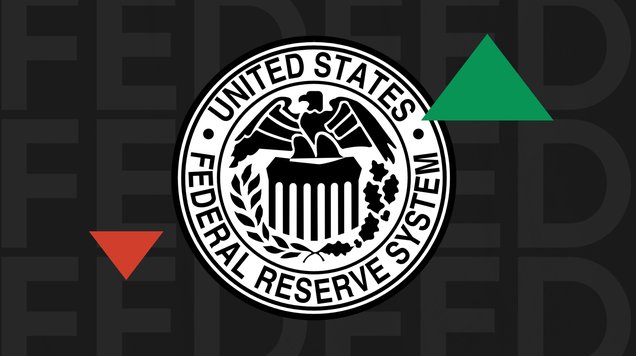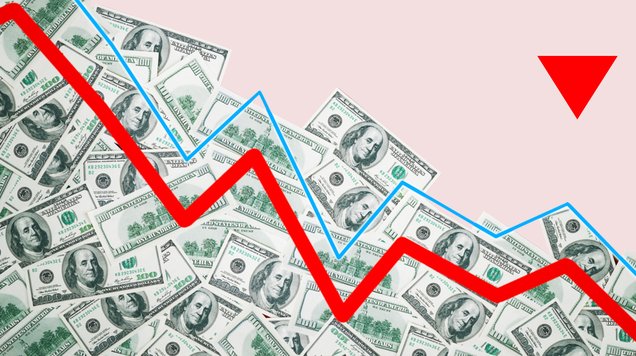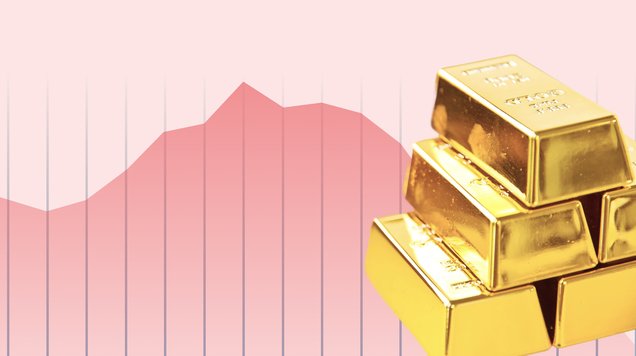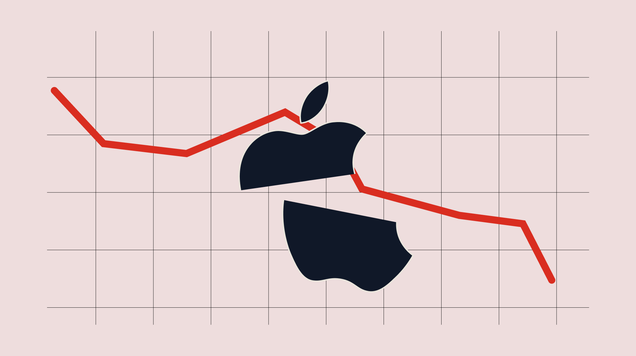The crypto and stock market correlation: Do they move together?

Crypto and stock markets show some correlation, but it’s generally weak — they don’t always move in sync, and similarities in price direction may be coincidental or loosely tied to broader market trends.
Cryptocurrency offers new investment opportunities like arbitrage, speculation and hedging, alongside traditional assets, such as stocks and commodities.
Risk management is more complex with crypto due to its volatility and evolving regulatory frameworks compared to the stability of traditional financial markets.
Refined trading strategies are essential — understanding how events in one market may affect the other helps traders adjust plans, manage losses and set clear entry and exit points.
Volatility in crypto is influenced by multiple factors, such as supply and demand, investor sentiment, regulatory changes, geopolitics and overall economic conditions.
Cryptocurrency’s investment appeal has soared in recent years. With greater understanding of this relatively new financial asset, more retail and institutional investors are entering the market. Usage of the virtual product is also growing, declining risk perceptions and influencing investor behaviour. Its connection to trading equities has, naturally, garnered quite a bit of interest.
What happens to crypto when the stock market is up or down? Do the crypto and stock market correlation exist?
Is there a crypto and stock market correlation?
Correlation does not imply causation. The performance of one market does not necessarily determine or influence the movements of another.
Some scholars have argued that crypto does have a significant positive effect on the stock market indices by moving in the same direction. Other findings have been inconclusive about the impact of cryptocurrencies on the movement of traditional markets. A few have noted they are somewhat correlated.
The cryptocurrency and stock market correlation has more to do with how the market treats cryptocurrencies, such as Bitcoin, Ethereum and XRP.
From 2009 through 2010s, traders and investors speculated on crypto the way they would traditional assets, like stocks, bonds and commodities. Investor sentiments about crypto began to affect prices on the market during that time, along with other factors that impact traditional investments. These include regulatory changes, economic conditions, and supply and demand.
On the surface, cryptocurrency does correlate with the stock market. Crypto is still highly volatile in comparison to traditional markets. Significant price swings can mean aggressive increases that create overnight millionaires or devastating dips that plummet high net worths in seconds. These incredible price fluctuations also happen at such an extreme pace that they can affect prices in the stock market.
But one study found that the stock and crypto market correlation is low and tied to the latter’s volatility.
According to the analysis, the correlation between stock index returns and the cryptocurrency market is ‘generally weak’. The conclusion came after researchers applied statistical measures and advanced statistical models: Pearson correlation coefficient, rolling correlation and multiple regression model,
What it means when you’re trading crypto and stocks
Although the correlation does exist, it’s not high enough to see cryptocurrencies behave like risky tech stocks and other financial assets on global indices.
Cryptocurrencies and stock market assets don’t always move in sync, nor are they entirely independent. When their prices move in similar directions, it could be mere coincidence or it might suggest that crypto markets are influenced by broader stock market trends.
Why does this loose correlation matter? What will it mean when you’re trading crypto and stocks?
New investment opportunities
The growing popularity of cryptocurrencies gives you several opportunities to diversify your portfolio. Whether you’re weighing investments in, for instance, Solana vs Ethereum, the new market presents you with new opportunities.
You can combine trades in commodities and stock indices with cryptocurrencies, providing you with better opportunities for:
- Arbitrage – explore price mismatches between assets or markets.
- Speculation – bet on price movements.
- Hedging – use one asset to reduce the risk of another.
Financial institutions have also created new financial products in response to the rising investments and trading in crypto. These products include exchange-traded funds (ETFs) and futures contracts, both allow investors to gain exposure to cryptocurrencies without owning them.
Greater risk management
The inherent risks in cryptocurrency vs traditional markets are different. Cryptocurrencies are volatile. In contrast, traditional markets tend to be more stable, backed by decades of regulation, established financial instruments and institutional oversight.
Regulations for cryptocurrencies are still evolving, particularly in the US. Other countries are subjecting crypto to a variety of classifications and tax treatments. The UAE regulates crypto assets, whereas the EU mandates that service providers detect and prevent illicit cryptocurrency activity.
Although regulatory frameworks are in place, they’re not as comprehensive and established as the ones for traditional assets, like stocks and bonds. The uncertainty and sometimes lack of clarity surrounding crypto regulations can compound risks.
As such, approach crypto trades and investments cautiously. Be aware of factors that can influence the market.
For instance, when the Federal Reserve announced an increase in its target federal funds rate to 0.75%–1%, Bitcoin dropped to about $31,000 the next day. The Nasdaq 100 tumbled by approximately 1,400 points, and the S&P 500 fell by about 150 points.
Refined strategies
By knowing how events in crypto markets impact traditional markets, and vice versa, you’ll be able to adjust trading strategies accordingly.
Every trader needs a plan to stay focused and organised, especially during volatile market conditions. A trading plan outlines your strategies for different assets and markets, whether you’re combining crypto CFDs and stocks or just focusing on cryptocurrencies. It determines how much you’re willing to lose per trade along with your entry and exit strategies.
What affects crypto volatility?
Most of what affects price volatility in traditional markets, from stocks to commodities, are the same factors that make crypto volatile.
In the equity market, the stock issuer’s financial health can move its price up or down, whereas in crypto, development changes in its ecosystem drive market volatility. Consider the massive U.S. stock market cap of $44.85 trillion compared to the $2.1 trillion market cap of crypto, indicating less liquidity and less depth for bigger trades.
Crypto is a relatively new asset and it’s still in the price discovery phase, which means the digital currency carries more substantial risks.
Here are some of the factors that affect its volatility:
- Supply and demand
- Investor sentiments
- Regulatory changes (or lack of regulations)
- Geopolitics
- Monetary policy
- Economic conditions
The crypto and stock market correlation is low, but certain movements in either markets create conditions that determine your positions as a trader. Recognise the patterns to inform your strategy, manage risks and time your trades more effectively.
Start your trading journey today and sign up for a free demo with Equiti.
